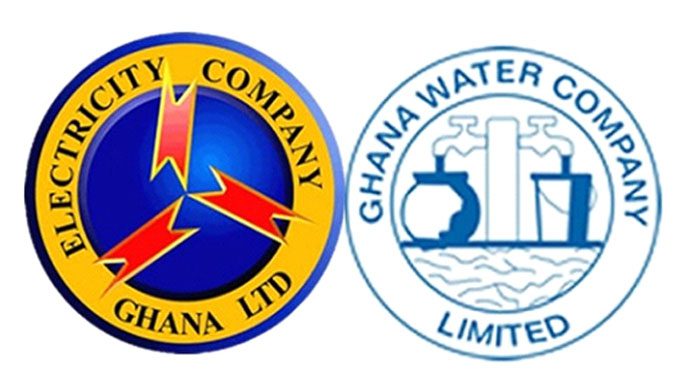
GHANA TO INCREASE ELECTRICITY, WATER UTILITY TARIFF FROM SEPTEMBER
The Public Utilities Regulatory Commission (PURC) has announced that they will increase electricity and water tariffs in Ghana by 27.15% and 21.55% respectively which will come into effective on 1 September 2022.
The commission has also approved a Weighted Average Cost of Gas (WACOG) of GH¢ 44 (N1,842.45/$4.65) .
Dr Ishmael Ackah, PURC Executive Secretary, explained that the tariff decision for the period 2022-2025 was informed by rigorous analyses, intense debates and extensive consultations. He said this when he announced the 2022-2025 multi-year major tariff review for natural gas, electricity and water services in Accra.
Dr Ackah indicated that the new electricity tariff for lifeline customers, effective from the beginning of September, was 41.9 pesewas (monetary unit of Ghana, equal to one hundredth of a cedi, 1cedi = $0.11); 89.04 pesewas for residential customers and 83.7 pesewas for non-residential customers.
For water tariffs, new tariff for residential customers was 6.8 pesewas; 11.2 pesewas for non-residential; 15 pesewas for commercial (sachet water producers); 45.9 for commercial (special commercial) while industrial consumers will pay tariffs between 4 and 45 pesewas.
For the end-user electricity tariffs payable by consumers, Ackah noted that the commission considered a number of factors, including the cost of power which is influenced by growth in demand, (WACOG), inflation and the Ghana Cedi/US Dollar Exchange Rate.
“For water, the commission took cognisance of the cost of electricity, increased volume/cost of chemicals for raw water treatment, the Ghana Cedi/US Dollar exchange rate, inflation, infrastructure upgrade/expansion and, operation and maintenance of service delivery as well as financial viability of Ghana Water Company Limited (GWCL),” he added.
Ackah said the PURC in ensuring the interests of both consumers and utilities acknowledged that the very economic variables that have occasioned the steep increases proposed by the service providers also affected consumers. “The commission admitted, however, that some level of increases in utility tariffs were inevitable if the nation was to avoid another dumsor (loadshedding) and its attendant effects including job losses,” he added.
